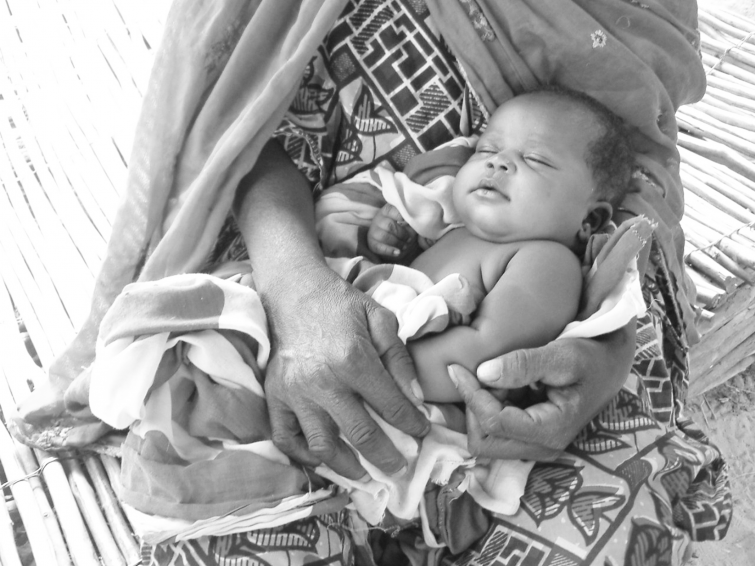
May 02, 2025
Bulletin interne de l'Institut Pasteur


Institut Pasteur scientists selected in the second PEPR MIE call for proposals, in the section "Accelerating knowledge acquisition on emerging infectious diseases"
One year ago, ANRS Emerging Infectious Diseases (ANRS MIE) launched its second call for proposals (CfP) as part of the Priority Research Programs and Equipment initiative on emerging infectious diseases (PEPR MIE). The CfP reflected the second measure in the national acceleration strategy for emerging infectious diseases and chemical, biological, radiological and nuclear (CBRN) threats, supported by France 2030.
The call for proposals targeted the PEPR MIE research areas, as detailed below:
• Area 1 – Accelerating knowledge acquisition on emerging infectious diseases,
• Area 2 – Organizing and developing new treatments, vaccines and other tools for the prevention, diagnosis and surveillance of emerging infectious diseases,
• Area 3 – Ensuring that public policy and society are in a position to deal with epidemics.
The CfP was aimed at large-scale, interdisciplinary, multi-partner research projects for a two- to three-year period, for funding requests of at least €1 million for research areas 1 and 2. To concentrate research efforts and resources provided under the 2024 CfP, the scope was narrowed from the previous list of priority pathogens to focus on three disease groups that represent a high risk of causing a health crisis in France: arboviruses, viral hemorrhagic fevers and respiratory viruses.
ANRS MIE recently announced the results of this CfP. Out of 27 proposals submitted, just six were selected, including one from a multidisciplinary team composed of several Institut Pasteur scientists. Jointly led by two Institut Pasteur scientists – Carla Saleh, Head of the Viruses and RNA Interference Unit, and Louis Lambrechts, Head of the Insect-Virus Interactions Unit – and by Gaël Cristofari, team leader at the Institute for Research on Cancer and Aging, Nice (IRCAN), the ArboRetro project aims to make mosquitoes intolerant to arbovirus infection by engineering retrotransposons.
The collaborative project will combine the expertise of the laboratories led by Carla Saleh, Louis Lambrechts and Gaël Cristofari, which specialize respectively in antiviral immunity, mosquito biology and retrotransposon biology. ArboRetro will use advanced technologies such as gene editing and long-read sequencing to genetically inactivate the retrotransposons responsible for viral tolerance and will then evaluate the consequences.
The aims of the project are:
1. To identify and genetically inactivate these specific retrotransposons.
2. To investigate how this inactivation affects viral transmission.
3. To examine the presence of this viral tolerance mechanism in natural mosquito populations.
In achieving these objectives, ArboRetro has the potential to pave the way for an effective long-term strategy to control mosquito-borne viruses and reduce their impact on global health.